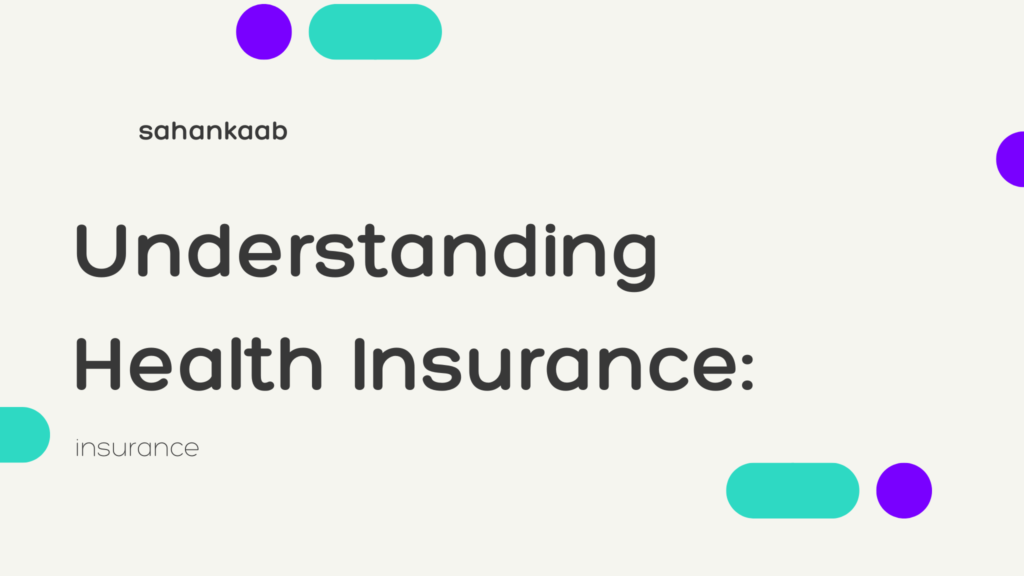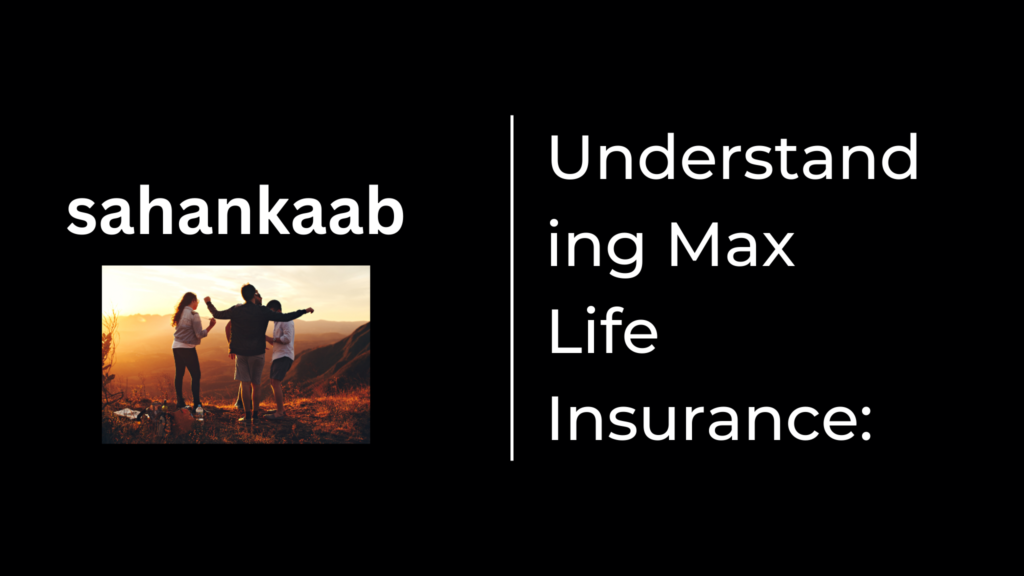1. Understanding the Basics of Car Insurance
1.1 What is Car Insurance?
Car insurance is a contract between you and an insurance company you pay a premium, and in return, the company agrees to cover your losses as defined in the policy The primary purpose of car insurance is to protect you financially in case of accidents theft, or other damages.
There are different types of car insurance coverage:
- Liability Coverage: Covers damages you cause to others.
- Collision and Comprehensive Coverage: Covers damage to your vehicle from various sources, including accidents and non-collision events like theft or natural disasters.
- Uninsured/Underinsured Motorist Protection: Covers you if you’re hit by someone without adequate insurance.
Car insurance is essential as it not only helps to protect your finances but also ensures you comply with legal requirements.
1.2 Key Terms and Concepts
- Premiums: The amount you pay for your insurance policy. It can be paid monthly, quarterly, or annually.
- Deductibles: The amount you pay out of pocket before insurance kicks in. Higher deductibles usually mean lower premiums.
- Policy Limits: The maximum amount an insurance company will pay for a covered claim.
1.3 Legal Requirements
Minimum coverage laws vary by state or country, and it’s critical to understand these to avoid legal issues:
- Minimum Coverage Laws: Different regions have different minimum car insurance requirements. Make sure you know the laws in your state or country.
- Penalties for Being Uninsured: Fines, license suspension, and even imprisonment can result from driving without insurance.
- Steps to Comply with Legal Requirements: Ensure your policy meets at least the minimum required coverage and keep your policy information handy.
2. Gathering Car Insurance Quotes
2.1 Identifying Reliable Sources
Finding reliable quotes is simpler when you know where to look:
- Official Insurance Company Websites: Many insurers offer online quotes through their official websites.
- Online Comparison Tools: Websites like NerdWallet or The Zebra can help you compare multiple quotes at once.
- Local Insurance Agents: They can offer personalized service and local industry knowledge.
2.2 Information Needed for Accurate Quotes
To get accurate quotes, gather the following information:
- Vehicle Details: Make, model, year, and Vehicle Identification Number (VIN).
- Personal Driving History: Past accidents, violations, and current driving status.
- Desired Coverage Levels: Know what types of coverage and limits you need.
2.3 Methods of Obtaining Quotes
There are various methods to get quotes:
- Online Quote Forms: Convenient and fast yet detailed.
- Direct Calls to Insurers: Good for personalized service.
- Using Comparison Websites: For broad comparisons quickly.
3. Comparing the Quotes
3.1 Premium Costs
When comparing costs, consider:
- Monthly vs. Annual Payments: Some insurers offer discounts for paying annually.
- Identifying Hidden Fees and Charges: Always read the fine print for extra costs.
- Discounts and Promotions: Look for good driver discounts, multi-policy discounts, etc.
3.2 Coverage Options
Understand what each policy covers:
- Collision and Comprehensive: Protects against a variety of damages.
- Liability Coverage: Essential to cover damages to others.
- Uninsured/Underinsured Motorist Protection: Important for protection against inadequately insured drivers.
3.3 Policy Features and Benefits
Examine additional features:
- Roadside Assistance: Handy for breakdowns.
- Rental Car Reimbursement: Covers rental costs if your car is in the shop.
- Accident Forgiveness: Prevents your premium from increasing after your first accident.
4. Evaluating Insurer Reputation and Customer Service
4.1 Researching Insurer Financial Stability
Ensure the insurer can pay out claims:
- Ratings from Agencies: Check A.M. Best or Moody’s for financial strength ratings.
- Historical Payout Records: Look at past performance.
- Financial Stability Indicators: Understand key indicators of financial health.
4.2 Customer Reviews and Satisfaction
Assessing customer experiences helps:
- Reading Online Reviews: Websites like Consumer Reports or Trustpilot can give insights.
- Checking Customer Service Ratings: See how customers rate their service experience.
- Testimonials from Current Policyholders: Personal accounts can reveal a lot.
4.3 Understanding the Claims Process
The claims process should be straightforward:
- Ease of Filing a Claim: Is it online or through an app?
- Average Claim Processing Time: Faster is usually better.
- Support and Resources During a Claim: What help does the insurer provide?
5. Making an Informed Decision
5.1 Calculating the True Cost of Insurance
Look beyond the premium:
- Total Cost of Ownership of the Policy: Consider all aspects, including deductibles and out-of-pocket expenses.
- Balancing Between Cost and Coverage: Don’t skimp on necessary coverage just to save money.
- Considering Long-term Impact on Finances: Think about future costs and changes in premiums.
5.2 Seeking Professional Advice
Consult experts:
- Insurance Agents: For tailored advice.
- Financial Advisors: For unbiased opinions on how insurance fits into your broader financial plan.
- Friends and Family Experiences: Real-world insights from those you trust.
5.3 Reviewing and Finalizing Your Choice
Final steps before committing:
- Double-checking Policy Details: Ensure everything is accurate and understood.
- Understanding Cancellation Terms: Know your rights if you need to cancel.
- Ensuring Alignment with Personal Needs and Expectations: Ensure the policy fits your unique circumstances.
Conclusion and FAQs
Summary
Comparing car insurance quotes effectively requires understanding the basics, gathering accurate quotes, comparing costs and coverage, evaluating insurers, and making an informed decision through thorough research and professional advice.
FAQs
- Q: How frequently should I compare car insurance quotes?
- A: Ideally, every 6-12 months or upon a significant life event.
- Q: What factors most affect car insurance premiums?
- A: Driving history, vehicle type, coverage levels, and location.
- Q: Can I change my insurance provider at any time?
- A: Yes, but check for any potential cancellation fees or policies regarding mid-term changes.
Happy car insurance shopping! 🚗

